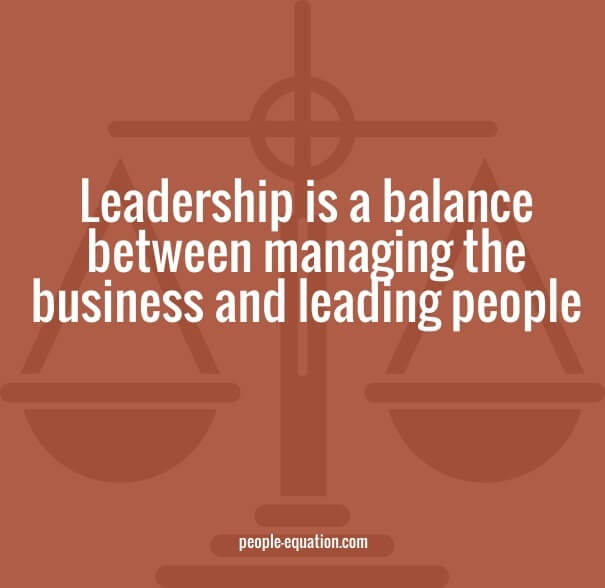 Leadership is a balance between managing the business and leading people. It’s this interplay between business and people that prompted Kevin Wurch to seek out an executive education program. Wurch, who is an Associative Director of Program Management for the digital medicine program at Otsuka Pharmaceuticals, is fortunate to work for an organization that espouses “continuous improvement” – both for their products as well as their employees.
Leadership is a balance between managing the business and leading people. It’s this interplay between business and people that prompted Kevin Wurch to seek out an executive education program. Wurch, who is an Associative Director of Program Management for the digital medicine program at Otsuka Pharmaceuticals, is fortunate to work for an organization that espouses “continuous improvement” – both for their products as well as their employees.
With over 16 years of experience in the pharmaceutical industry (first at Merck and now Otsuka), Wurch has worked in both the commercialization side of the business as well as clinical development of products. Deep knowledge of the product commercialization process requires years of experience. Wurch likens it to a puzzle. “It took years to understand how the pieces connect,” he says. Beyond understanding one’s personal role in the process, a program manager must engage the entire team. “As a program manager, it is important that you are able to put the pieces of the puzzle together and help form a common goal for these trial functional teams to focus on,” he adds.
A Commitment to Continuous Improvement
It’s this need to help engage others and bring them into the process that drove Wurch to seek outside training via an executive development program. Self-development is encouraged and part of the culture at Otsuka, notes Wurch. “[One of our] organizational goals is that we spend a percentage of our time making sure that we continuously improve and learn.” The pharmaceutical industry is at the leading edge of medicine. Therefore, it’s important that employees continually evolve their skill set. “We need to remain agile in our learning and have to remain open to new ways of doing things,” says Wurch. So Wurch knew he had the support; he simply needed to find a resource that would meet his professional development needs.
Multiple Instructional Formats Aid in Learning
Wurch chose the Managing Yourself and Leading Others (“MYLO”) program offered by University of New Hampshire’s, Peter T. Paul College of Business and Economics . He did so because he felt that the course made the best use of a variety of media and learning formats. “If you had a style that was introverted or extroverted or you are a reader or a listener, they hit you on all fronts,” he says of the program. The instructors used pre-work assignments, offered links to TED Talks, and issued personal self-development assessments. “Whether it was visual, whether it was technical with providing data, they knew how to reach the participants so that we were the most fulfilled at the end of those two days,” explains Wurch.
Learning Benefits for Self and Others
Wurch has a team of direct reports, so one of his main goals in attending the MYLO program was to learn how to improve as a manager. One of the key themes of the program was an emphasis on building self-awareness and leading your own self first. Through the use of the self-assessments such as the Thomas-Kilmann Conflict Mode Instrument and the Meyers-Briggs Type Instrument, Wurch explored how to maintain constructive relationships, take the initiative to make things better, and lead by example. One of the biggest learning moments for Wurch came through discussions led by Dr. William Hassey, who facilitated a discussion on the difference between “motivating” employees and “engaging” them. “I was reminded that [employees] must have the emotional buy-in to the purpose” of an organization’s goals relayed Wurch. It’s something that he now strives to more actively bring to the workplace as a leader.
Beyond his current leadership role, Wurch also thinks his executive education experience prepared him for future opportunities at Otsuka. The MYLO program “helped me gain a greater appreciation for the importance of self-awareness. It also helped me catalyze innovation, which is always top-of-mind at Otsuka.” Beyond the self-reflection element of the course, Wurch was also able to consider his employees. “It really helped me think through, ‘How do I help others become successful and provide them with opportunities to develop their strengths?’”
Innovation and continuous self-improvement are hallmarks of the pharmaceutical industry. Participation in an executive education course allowed one pharma industry Program Manager the opportunity to bring the continuous improvement process directly into his own sphere of personal development. Not only did he benefit personally but so did his team members and ultimately, his organization.
Leave a Reply